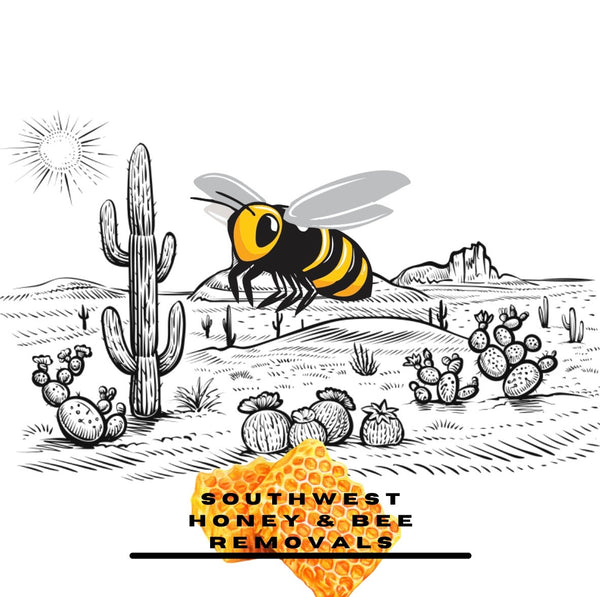As a responsible pet owner, you are always on the lookout for natural remedies to improve your furry friend's health. One such remedy that has gained popularity in recent years is local honey. But what exactly is local honey, and how can it benefit your pet? In this blog post, we will explore everything you need to know about local honey for your pet.
What is local honey?
Local honey refers to honey that is produced by bees in your local area. It is often touted as a natural and holistic remedy for various health issues, both in humans and animals. The bees collect nectar from local flowers, which gives the honey a unique flavor and potential health benefits.
How can local honey benefit your pet?
Local honey is believed to have several potential benefits for pets, including:
- Allergy relief: Local honey may help alleviate seasonal allergies in pets. The theory is that by consuming small amounts of local pollen through the honey, your pet's immune system can build up a tolerance and reduce allergic reactions.
- Antioxidant properties: Honey is known to contain antioxidants, which can help combat free radicals and reduce oxidative stress in your pet's body.
- Wound healing: The antibacterial properties of honey can aid in wound healing for pets. Applying honey topically to minor cuts or abrasions may promote faster healing.
- Improved digestion: Some pet owners claim that adding a small amount of local honey to their pet's diet can improve digestion and alleviate gastrointestinal issues.
How to incorporate local honey into your pet's routine
Before introducing local honey to your pet, it is important to consult with your veterinarian. They can provide guidance based on your pet's specific health needs and any potential allergies or sensitivities.
If your veterinarian approves the use of local honey, start by introducing small amounts into your pet's diet. You can mix a teaspoon of honey into their food or offer it as a treat. Monitor your pet for any adverse reactions and adjust the dosage accordingly.
Choosing the right local honey
When selecting local honey for your pet, look for products that are raw and unprocessed. Raw honey retains more of its natural enzymes and nutrients, making it a healthier choice. Additionally, opt for honey that is produced in your specific region to maximize the potential allergy-relieving benefits.
Conclusion
Local honey can be a natural and potentially beneficial addition to your pet's routine. From allergy relief to wound healing, the potential benefits are worth exploring. However, always consult with your veterinarian before introducing any new supplements or remedies to your pet's diet. They can provide personalized advice and ensure the safety and well-being of your furry friend.

